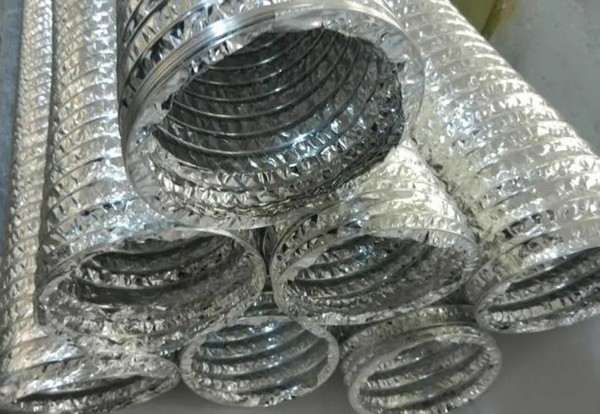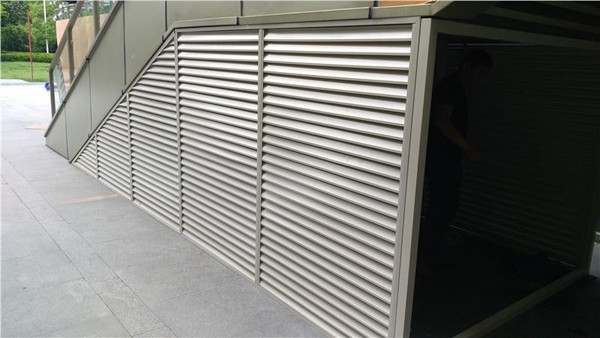In recent years, the air conditioning industry has been facing a significant challenge: the increasing scarcity and rising cost of copper. As a vital component in manufacturing air conditioning units, the industry must adapt to ensure its long-term sustainability. One promising solution is to replace copper with aluminum as the primary material for heat exchangers. In this article, we will explore the benefits of adopting aluminum as a substitute for copper and the potential impact on the air conditioning industry.
The Growing Demand for Copper and Its Impact on the Air Conditioning Industry
Copper has been the go-to material for air conditioning units due to its excellent thermal conductivity, corrosion resistance, and ease of fabrication. However, the increasing global demand for copper, driven by its extensive use in various industries such as electronics, construction, and transportation, has led to a significant rise in its price. The air conditioning industry, which relies heavily on copper, has been grappling with the repercussions of this increased cost, leading to higher prices for consumers and the need for more sustainable alternatives.
Aluminum: A Viable and Cost-Effective Alternative
Aluminum has emerged as a promising substitute for copper in the air conditioning industry. With nearly half the density of copper, aluminum offers a lightweight and cost-effective solution. Moreover, aluminum exhibits good thermal conductivity, is highly resistant to corrosion, and can be easily fabricated, making it a suitable alternative to copper.
Advantages of Using Aluminum in Air Conditioning Systems
Cost reduction: Aluminum is significantly more affordable than copper, which can translate into reduced production costs for manufacturers and more competitive pricing for consumers.
Weight reduction: Aluminum’s lower density results in lighter air conditioning units, making them easier to transport, install, and maintain.
Improved energy efficiency: Given its thermal conductivity, aluminum can provide efficient heat exchange while consuming less energy, leading to reduced energy consumption and lower electricity bills for consumers.
Environmental benefits: Aluminum is abundant and can be easily recycled, reducing the environmental impact associated with mining and processing copper.
Innovation: The adoption of aluminum in air conditioning systems can encourage further innovation and development, as manufacturers explore new designs and technologies to optimize performance.

Challenges and Opportunities
While the shift from copper to aluminum offers numerous benefits, there are challenges that the air conditioning industry must address. For instance, manufacturers need to invest in research and development to optimize the performance of aluminum-based heat exchangers and ensure they meet industry standards. Additionally, technicians must receive training to install and maintain these new systems effectively.
However, these challenges also present opportunities for growth and innovation. As the industry embraces aluminum, manufacturers can develop new technologies and designs to enhance the performance and efficiency of air conditioning systems. Furthermore, the reduced cost and environmental impact of using aluminum can make air conditioning more accessible to consumers worldwide, leading to improved quality of life and a more sustainable future.
In conclusion, as the air conditioning industry seeks more sustainable and cost-effective solutions, aluminum has emerged as a promising substitute for copper. By embracing this change, manufacturers can reduce production costs, improve energy efficiency, and minimize their environmental impact, all while delivering high-quality and affordable products to consumers. With the right investments in research, development, and training, the air conditioning industry can successfully transition to aluminum-based systems and pave the way for a more sustainable future.

